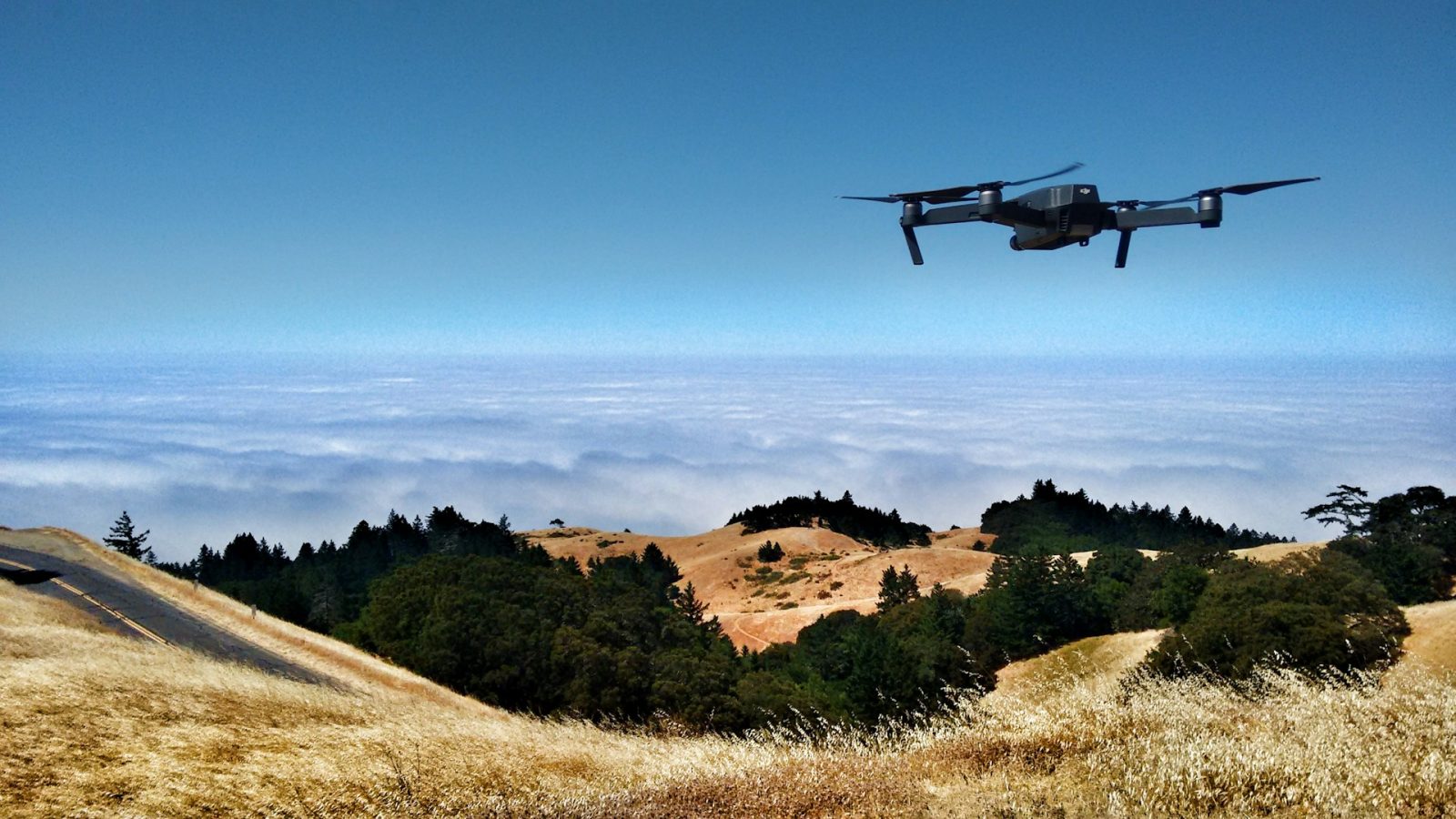
The Alaska Supreme Court has struck down unregulated aerial surveillance of citizens’ homes with high-power zoom lenses. This ruling stems from a 2012 drug crime case where a man was arrested after officers flew over his property and took pictures of his marijuana plants without a search warrant. Here’s what happened…
When the case began, John William McKelvey III resided in a secluded area north of Alaska’s second-largest city, Fairbanks. His property, hidden by trees, featured a house and a greenhouse, accessible via a single driveway protected by a gate and warning signs.
A confidential informant tipped off the Alaska State Troopers about McKelvey’s alleged marijuana cultivation on the property, claiming to have seen around thirty plants in the greenhouse. To verify the tip, troopers flew over McKelvey’s residence in an airplane, capturing photos with a high-powered zoom lens from roughly 600 feet above.
The images, magnified roughly nine times compared to the naked eye, revealed buckets of unidentified plants in the greenhouse. Subsequently, a search warrant was obtained, leading to the discovery of marijuana plants, methamphetamine, packaging materials, a loaded AK-47 rifle, and a significant amount of cash in McKelvey’s house. He faced criminal charges based on the evidence uncovered during the search.
McKelvey moved to suppress this evidence, arguing that the information supporting the search warrant came from an illegal search: the warrantless observation of his home with a telephoto lens during a flight. But a superior court judge denied his motion and consequently convicted McKelvey of one count of third-degree misconduct involving a controlled substance and one count of second-degree weapons misconduct.
This time, McKelvey appealed his conviction to the court of appeals, which reversed the superior court. And now, Alaska’s highest court has affirmed the appeals court decision.
The state maintained that because small airplane travel is so common in Alaska, and because any passenger might peer into someone’s yard and snap their picture, law enforcement officials may do the same.
“We disagree,” the Alaska Supreme Court decision states. “The Alaska Constitution protects the right to be free of unreasonable searches. The fact that a random person might catch a glimpse of your yard while flying from one place to another does not make it reasonable for law enforcement officials to take to the skies and train high-powered optics on the private space right outside your home without a warrant.”
What about aerial surveillance with drones?
It’s worth pondering just how unnerving warrantless aerial surveillance of citizens can become in today’s world. Right now, it’s not something law enforcement likely does often because aviation fuel costs are high, officers are busy, and blanket surveillance flights do not guarantee catching criminal activity. But as the court of appeals observed in McKelvey’s case, the rise of drones can potentially change the equation.
Also read: Police drones to monitor spring break crowds at Miami Beach
The state has argued that this particular case from 2012 did not involve drones and that drone use by law enforcement officials is anyway limited by statute. Also, there may be reasons to distinguish the use of drones from the use of manned aircraft for law enforcement purposes.
“All those things are true,” the court ruling says. “But the legal status of drones could change. And it would not be wise for us to ignore, when assessing the risk that warrantless aerial surveillance poses to Alaskans’ sense of security and freedom, the likelihood that advances in technology will make aerial surveillance cheaper and more feasible in the coming years and decades.”
The Alaska Department of Public Safety is confident the court ruling will not affect their small drone program. As Austin McDaniel, DPS communications director, tells Alaska’s News Source, “The Alaska State Troopers take the privacy of Alaskans seriously as we work to deploy new and emerging technology such as drones into our tool kit. Our primary drone usage today is focused on search and rescue and crime scene documentation.”
Meanwhile, the Anchorage Police Department’s policy on drone use states: Where there are specific and articulable grounds to believe that the drone will collect evidence of criminal wrongdoing and/or if the drone will be used in a manner that may intrude upon reasonable expectations of privacy, the agency will obtain a search warrant prior to conducting the flight.
Read more: This FAA-approved flight planning app offers drone insurance too
FTC: We use income earning auto affiliate links. More.





Comments